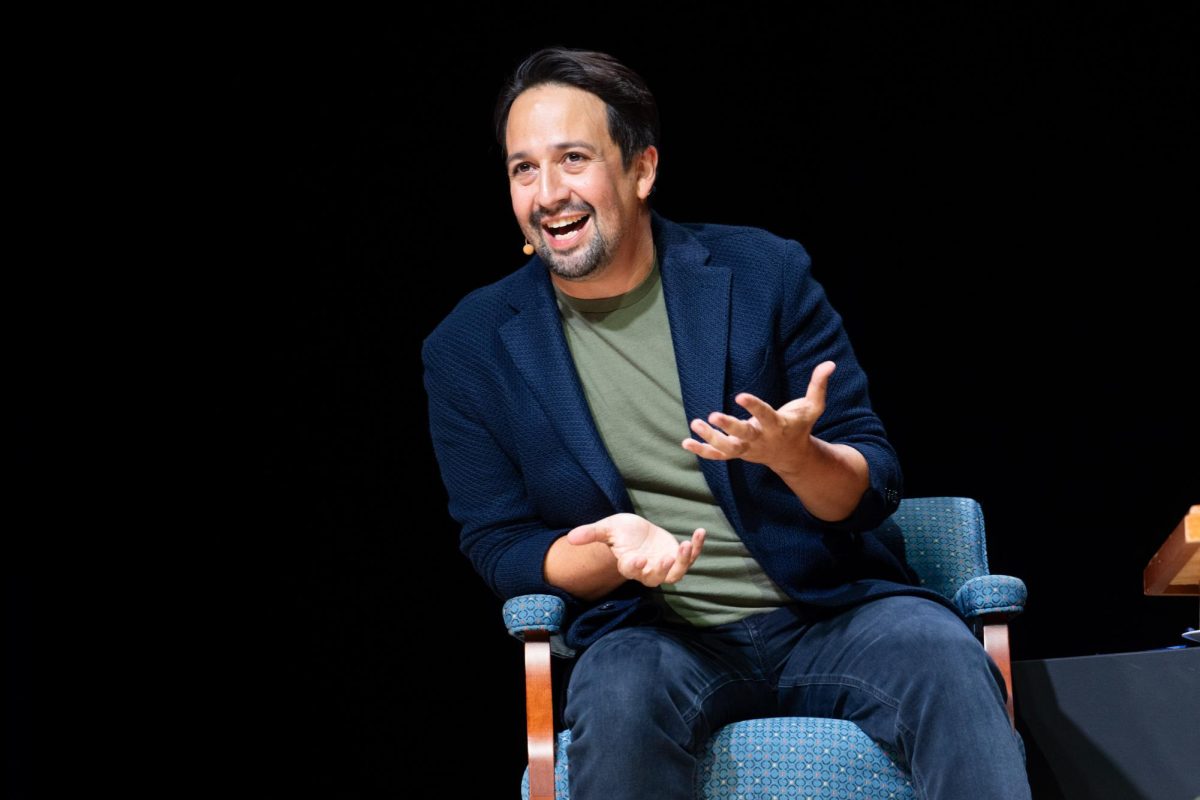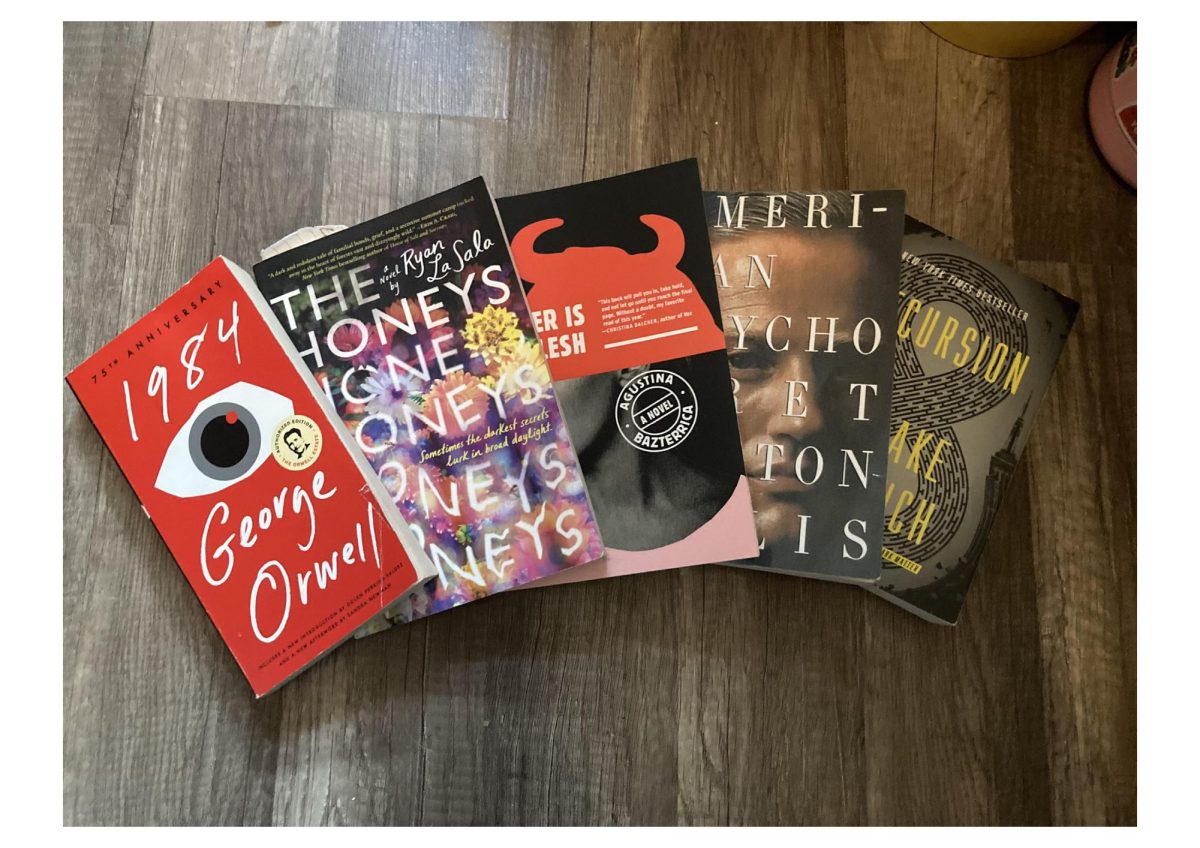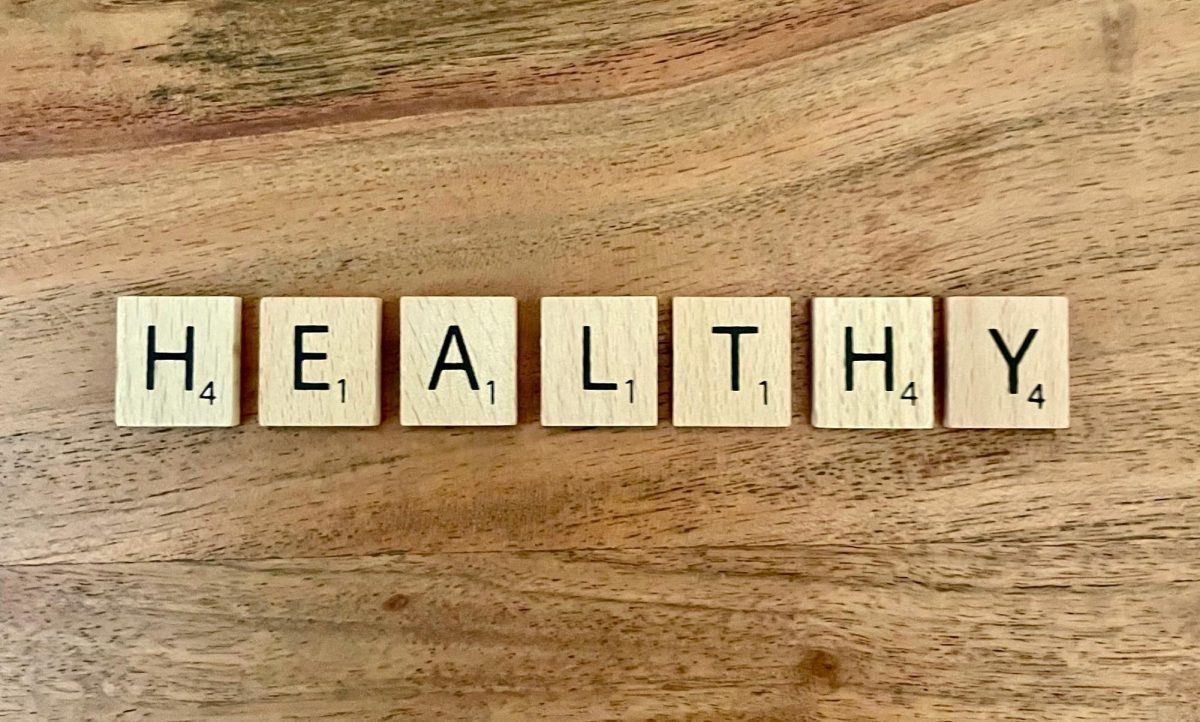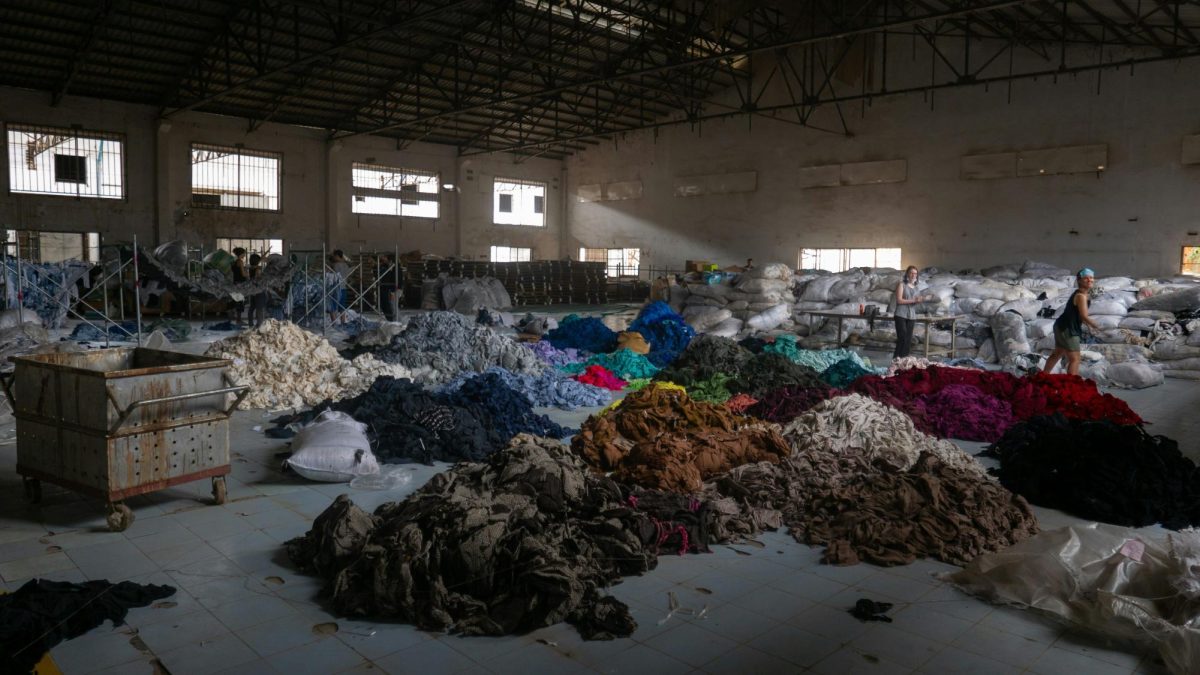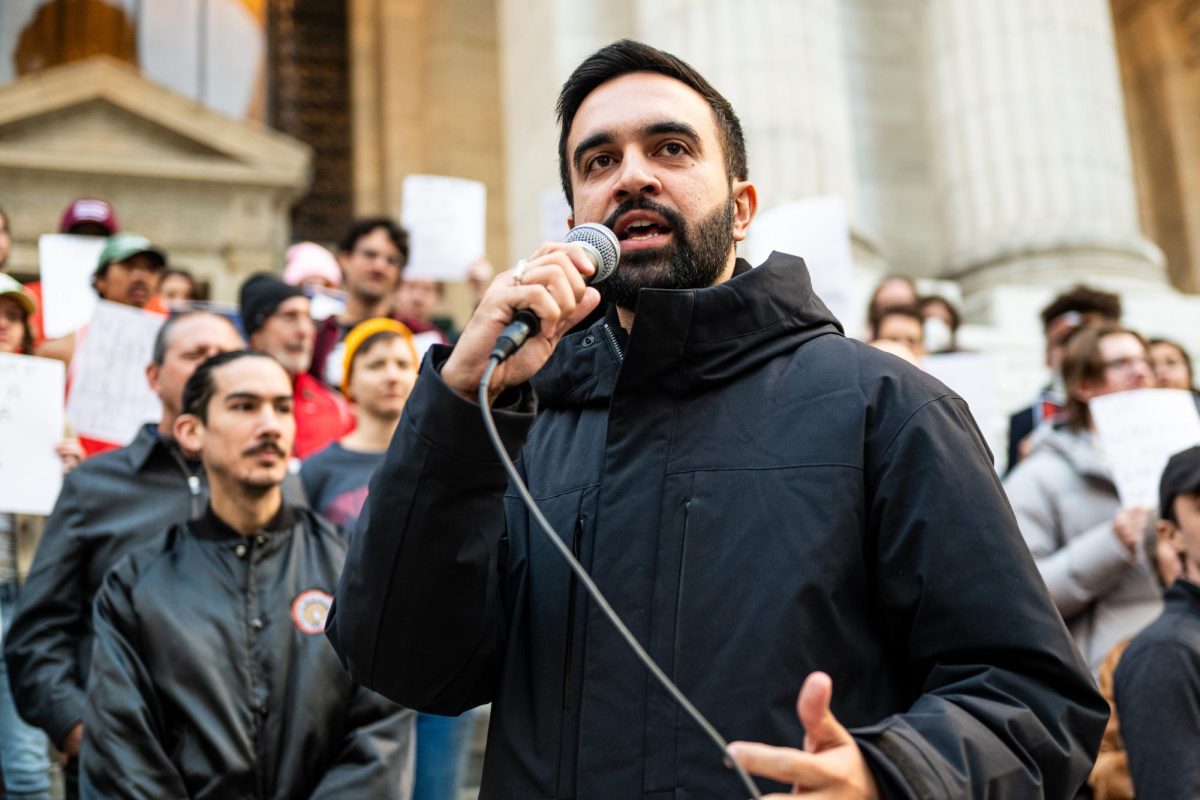As New York City approaches the Democratic primary on June 24, 2025, the mayoral race is shaping up to be one of the most consequential in recent memory. The contest features a diverse array of candidates, each presenting distinct visions for the city’s future. The election follows a tumultuous period under Mayor Eric Adams, whose administration has been marred by controversies and declining approval ratings.
The Incumbent’s Challenges
Mayor Eric Adams, once a rising star in city politics, now faces significant hurdles in his bid for re-election. His administration has been plagued by corruption allegations, including an indictment related to ties with the Turkish government, which was later dismissed. Despite touting achievements like public safety improvements and zoning reforms, Adams’ approval ratings remain low, and his campaign has struggled with fundraising and internal turmoil.
Ranked Choice Voting — How Does It Work?
Ranked choice voting, a system of voting used to determine the Democratic primary, allows a voter to rank 5 candidates for mayor. Candidates to receive at least over 50 percent of the vote in order to be nominated. If a candidate does not receive the required number of votes, the candidate with the least votes is eliminated in the next round. If the candidate ranked first on one’s ballot has been eliminated, their vote is transferred to their second, then third, and so on and so forth.
Andrew Cuomo: A Controversial Comeback
Former Governor Andrew Cuomo has re-entered the political arena, leading the Democratic primary field. Cuomo’s campaign emphasizes his experience and past achievements in infrastructure and public health. However, his tenure as governor was not without controversy, including allegations of sexual harassment, underreporting COVID-19 nursing home deaths, and use of MTA funds to prevent bankruptcy of three Upstate ski resorts.
Cuomo’s new platform as mayor focuses on building 100,000 new affordable housing units through subsidizing private building development, providing additional child care for mothers, increasing the minimum wage to $20 per hour by 2027, recruiting 5,000 new NYPD officers to fight crime, and combating antisemitism. However, many question the sincerity of his recent progressive policy shifts, viewing them as politically motivated rather than genuine ideological changes.
Zohran Mamdani: The Progressive Challenger
Assemblymember Zohran Mamdani has emerged as a formidable progressive contender, polling in second place. A Democratic Socialist from Queens, Mamdani advocates for policies such as free public bus transportation, city-owned grocery stores in each borough, construction of 200,000 publicly-owned affordable housing units, rent freezes for stabilized tenants, providing city-wide mental health outreach, free childcare for children aged six weeks to five years, raising the minimum wage to $30 per hour by 2030, and tax increases on the top 1% to fund public services.
He has received criticism for his pro-Palestine stance and his radical progressive views, with the New York Post labeling him as an anti-Israel and “more radical than radical left.”
Mamdani’s grassroots campaign has garnered significant support with his use of social media, particularly among younger and progressive voters, positioning him as a key challenger to Cuomo. His recent endorsement by Rep. Alexandria Ocasio-Cortez (NY-14) has given him a significant boost, aligning him with one of the most famous progressives on the nation’s spotlight.
Brad Lander: The Progressive Pragmatist
City Comptroller Brad Lander presents himself as a progressive pragmatist, focusing on practical solutions to the city’s challenges. His platform includes expanding affordable housing through public-private partnerships, implementing comprehensive land-use reforms, investing in universal childcare and education, enhancing public transit infrastructure, and promoting environmental sustainability initiatives.
Lander has secured endorsements from various progressive organizations and elected officials, bolstering his campaign’s credibility.
Adrienne Adams: The Experienced Insider
City Council Speaker Adrienne Adams offers a platform centered on experience and steady leadership. Her policy priorities include addressing the affordable housing crisis through targeted investments, improving public safety with community-based approaches, enhancing public education and youth services, and promoting economic development in underserved communities.
Adams’ deep understanding of city governance positions her as a candidate capable of navigating complex bureaucratic systems.
Scott Stringer: The Policy Veteran
Former City Comptroller Scott Stringer brings a wealth of policy experience to the race. His campaign focuses on implementing a Universal Affordable Housing Mandate, expanding access to early childhood education, enhancing mental health services in public schools, and promoting fiscal responsibility and transparency.
Despite past misconduct allegations, Stringer aims to leverage his extensive public service record to appeal to voters seeking experienced leadership.
Curtis Sliwa: The Republican Challenger
Curtis Sliwa, the founder of the Guardian Angels and a veteran radio host, is once again the Republican candidate for mayor, following his 2021 campaign. Running unopposed in his party, Sliwa has raised approximately $223,000 for his campaign. He positions himself as a law-and-order candidate, advocating for the addition of 7,000 police officers to the NYPD and emphasizing public safety. Sliwa believes that the fragmentation of the general election—with potential candidates including himself, the Democratic primary winner, a Working Families Party candidate, and Adams—could work in his favor, especially amid public dissatisfaction with issues such as migrant shelters, crime, unaffordability, and the City of Yes housing initiative.
The Road Ahead
With early voting commencing on June 24, the Democratic primary is shaping up to be a pivotal moment for New York City. The race reflects broader debates about the city’s direction, encompassing issues of governance, equity, and public trust. As candidates vie for support, endorsements from influential figures, such as House and Senate members, could play a significant role in swaying the electorate.
The outcome of this election will not only determine the city’s leadership, but also signal the prevailing political sentiments among New Yorkers in a post-pandemic era. Will New York return to the politics of the past, or move on and choose a new light for the city?
